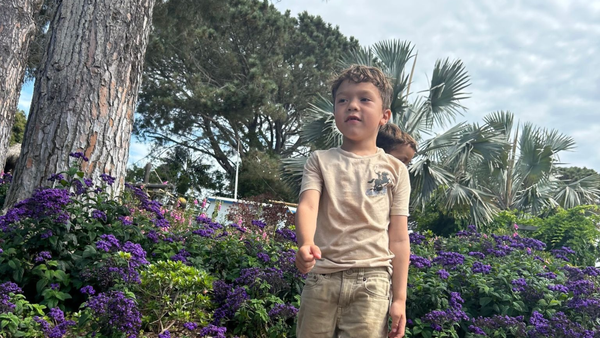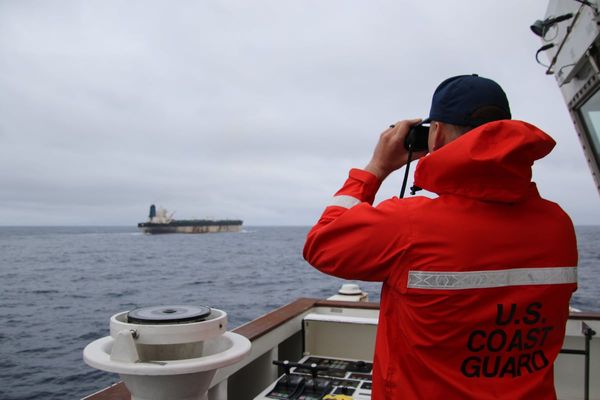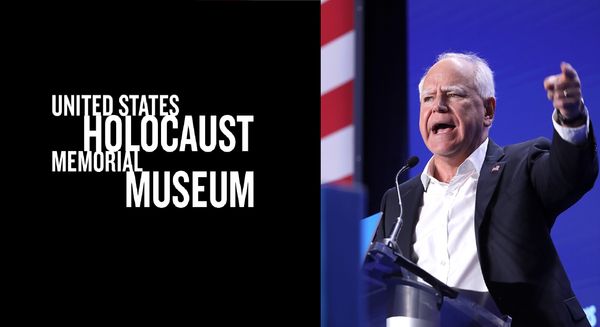
Seven months before Campbell Newman was tossed from office by angry Queensland voters, he called a press conference, flanked by members of his cabinet, and apologised.
“I just want to say I am sorry today if we have done things that have upset people,” Newman said, days after his government was humbled, with a 19% swing, at a Brisbane byelection. “We will be doing a lot better in the future.”
It’s hard to fathom what the current premier, Steven Miles, might now say that would prevent a fate similar to Newman’s, seven months before the next election, after Labor’s vote collapsed in similar proportions at two byelections and local government elections on Saturday.
On Sunday, Miles acknowledged the result was “clearly very bad” and that voters were “sending us a message”.
Miles doesn’t have Newman’s record majority to fall back on. To say his government is now in serious trouble is sugar-coating things, the way analysts tend to do to avoid making outright predictions.
What Queensland’s “Super Saturday” of elections has demonstrated is the structural problem for a Labor party that, particularly under Annastacia Palaszczuk, always sought safe ground in the middle of the road. The path to a state election feels like a narrowing goat track for Labor, with danger to the left and right.
Labor’s dominance of state politics since 2015 has been built on success in greater Brisbane, where the Liberal National party holds only four seats. In 2020, Labor won parts of the inner city, the middle suburbs and the city fringe.
On Saturday’s results, Labor is in trouble everywhere. Inner suburban seats such as Cooper will be under threat from the Greens; next door Ferny Grove and Aspley genuine targets for the LNP.
A clear word of caution needs to be attached to reading too much into local government results – for the past few decades these have heavily favoured the LNP in Brisbane while the corresponding state electorates have been held comfortably by Labor. Local issues tend to dominate local thinking.
But it is the broader trends, not necessarily the results themselves, that can be instructive.
The Greens had hoped to win more than two or three council wards (which is the likely outcome) and it might be tempting to suggest the notion of a “green wave” in some reporting on Sunday is overblown. But in each of the Greens’ target wards, the party won the sort of primary vote that would and should have been competitive in three-party contests.
The problem was that LNP incumbents held on to their vote, while Labor went backwards. The swing against Labor was 7% in Coorparoo, 8% in Central, 10% in Enoggera, 11.5% in the Gap and 12% in Morningside.
At the state elections, these areas will most likely be Greens v Labor contests. And the Greens will be buoyed about state chances in Cooper, McConnel, Greenslopes and Moorooka.
The outer suburbs will worry Labor strategists even more.
Aspley was once considered a bellwether state seat – the sort of middle suburban electorate that brought together voters in McMansions and social housing. Hardened Queensland poll watchers look at Aspley as a good test of statewide sentiment.
In the roughly corresponding council ward, McDowall, Labor’s primary vote was 21.8%. The LNP polled more than 60% first-preference votes.
Elsewhere, in Wynnum Manly, the swing against Labor was 23.2%. In nearby Doboy it was 18%.
In Townsville, mayor Jenny Hill (a Labor member who stands as an independent) looks to have lost after 12 years. She trails Troy Thompson, a former (disendorsed) One Nation candidate.
In Inala in Brisbane’s south-west, a Labor stronghold since it was created in 1992, the seat is ethnically diverse and most voters are younger. Kos Samaras, from pollster RedBridge group, pointed out on social platform X that Labor’s opponents mostly chose candidates from local ethnic communities.
“When presented with a diverse alternative on the ballot, Labor faces significant backlash as these younger voters are jumping ship in very big numbers,” Samaras said.
“This trend is not isolated to Inala but echoes in our nationwide research. The youth, especially children of migrants or young migrants themselves, are increasingly disillusioned with Labor.”
Queensland is a complex state where campaigning and strategies often need to be tailored to different cities and towns. Swings in the south-east can often go the opposite way to the regions. And therein lies the structural problem now for Labor, which is fighting battles on multiple fronts. Shifting right or left to win some voters back will only create new problems elsewhere.
Steven Miles appeared a man in a hurry when he took over from Palaszczuk last year. He didn’t just reposition Labor for an election. He did things; in some cases, such as lifting the state’s emissions targets, things that had long been stalled by political pussyfooting.
On Sunday, he acknowledged the message from voters, but there was no Newman-style apology or dramatic change of tack.
“I’ve been premier for three months and in that time I have been focused on issues that I know Queenslanders have been focused about. But it’s going to take time.
“It was always going to take more than three months to turn around on those big-picture issues like the cost of living and community safety.”
The argument that Miles needs time might be true. But he doesn’t have it. The idea that he can’t perform a political miracle in three months – but might be able to pull it off in 10 – seems like little more than wishful thinking.







